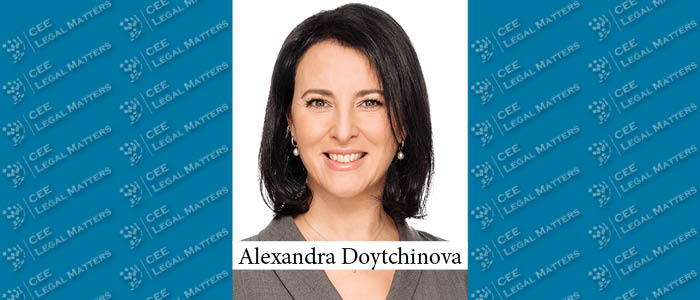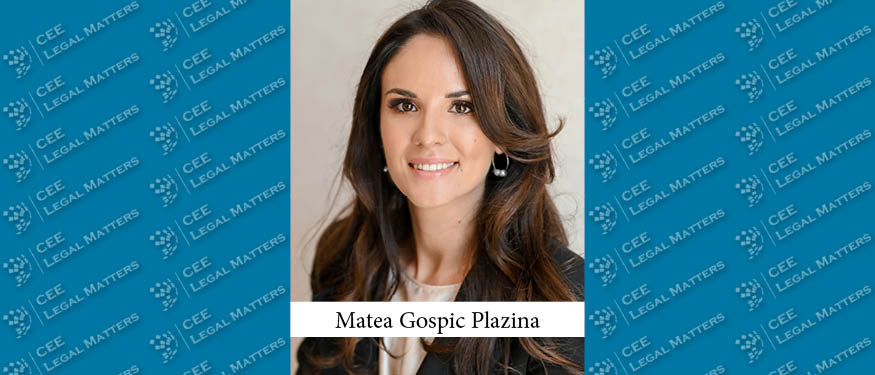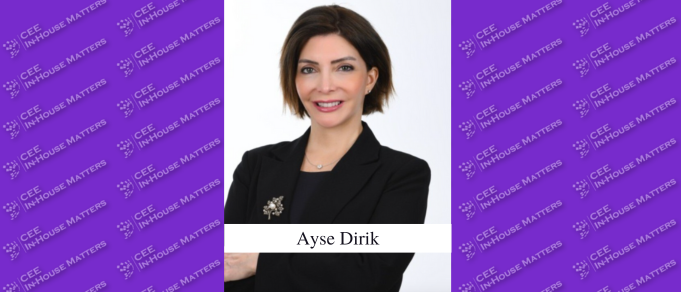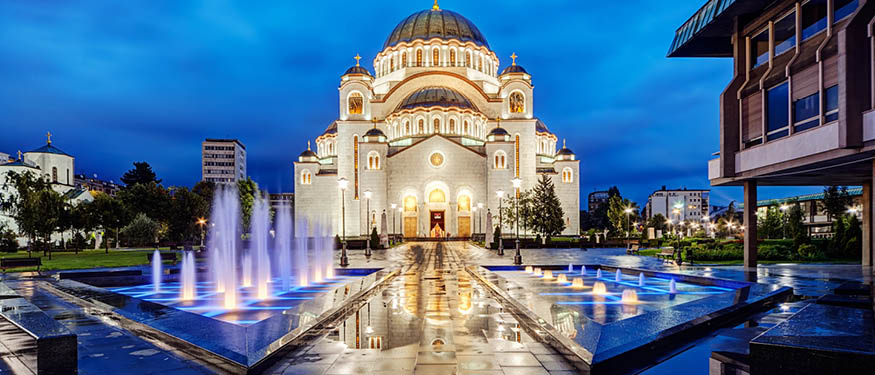In the midst of ongoing political gridlock following Bulgaria's fifth parliamentary election in two years, industries such as energy, renewables, high-tech, and healthcare still make the country an attractive investment destination, according to Schoenherr Office Managing Partner Alexandra Doytchinova.
"In April, Bulgaria witnessed its fifth parliamentary election in just two years, adding to the prevailing political deadlock," Doytchinova begins. "With no majority party and the inability to form a government, discussions on government formation continue to dominate the agenda."
“Consequently, some international investors perceive it as a barrier to entering Bulgaria, and the country is starting to regain its reputation as (allegedly) politically unstable, reminiscent of an image we had 15 years ago," Doytchinova notes. "However, we strongly disagree with this viewpoint, and it seems the market shares a similar sentiment. While it is true that we currently lack a government, all election-winning parties have a clear Euro-Atlantic orientation and Bulgaria possesses a stable legal EU-based framework that facilitates business operations, with functioning authorities and courts. Although the absence of a government may result in slower progress, it does not introduce any increased risk to investments, nor should it hinder strategic and financial investors from pursuing opportunities in our country."
Regarding the market specifics, Doytchinova says "FDIs in 2022 surpassed the levels seen in 2021, indicating positive growth." However, she says there has been, reportedly, a concerning decline of 40% in FDIs during the first quarter of 2023 compared to the same period in 2022. "We hope that this is a temporary phenomenon limited to the start of this year," she notes.
"In terms of industries, we have not observed a significant shift compared to previous years," Doytchinova says. "There is a notable and continued strong interest in the energy and renewables sector, particularly in Bulgaria where the potential for solar power is promising. Furthermore, there is a consistent and ongoing interest in the high-tech/IT and telecommunication sector. This trend appears to be continuing at present."
"Additionally, we are witnessing a potentially encouraging development in the healthcare and life sciences sector," Doytchinova continues. "Historically, FDIs in this sector have been rare, with only occasional deals involving clinics and hospitals. However, we have already seen two interesting deals in the first quarter of this year – the acquisition of Home Medic by the SAT Health Group and the acquisition of Medical Center AmeriMed by the Bulstrad Life Vienna Insurance Group." This emerging trend is logical, she points out, "after the rapid development of telecommunications and the need for adequate medical care during the pandemic. The sector is very intriguing for us, as it may have positive implications for both individuals and overall societal well-being."
"Unfortunately, due to the lack of a stable parliament, there has been limited success in enacting legislation to adapt the laws to meet the requirements of the fast-developing economy," Doytchinova notes. "This has resulted in a lack of progress in updating laws and a slowdown with the absorption of European funds." For example, she says "Bulgaria is one of the few countries that still does not have any FDI regulation. Unlike other European jurisdictions, there are no state supervision or checks on the sources of investments. One could speculate that this intentional absence of regulations is aimed at attracting investors – who can freely make Europe-based, high-quality FDI without any filtering or scrutiny."

















